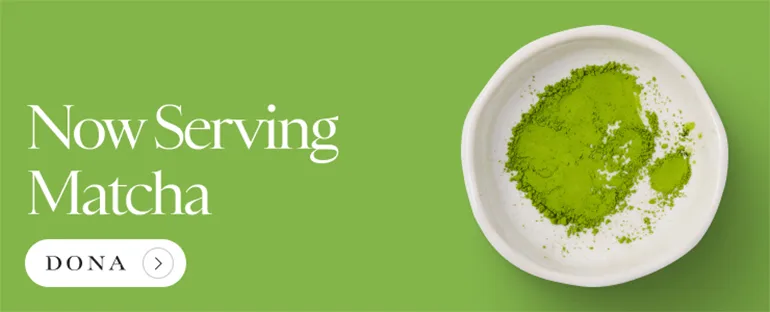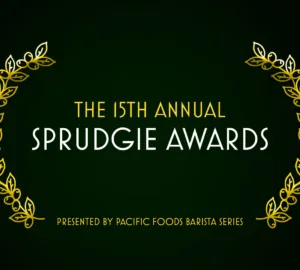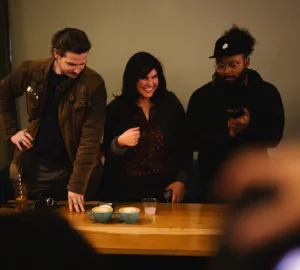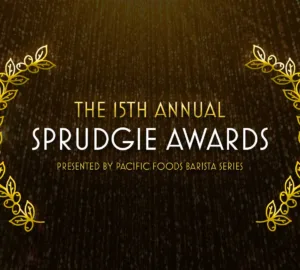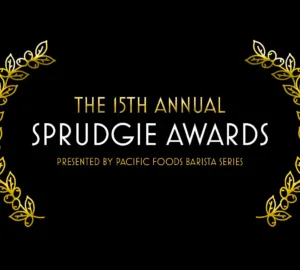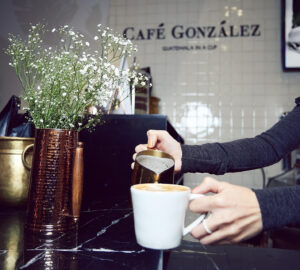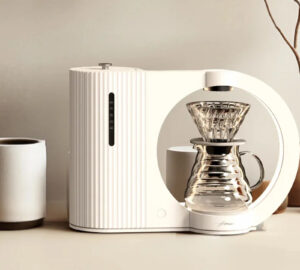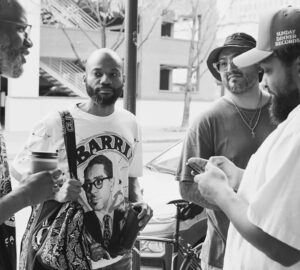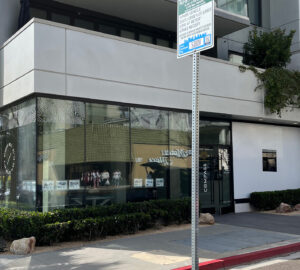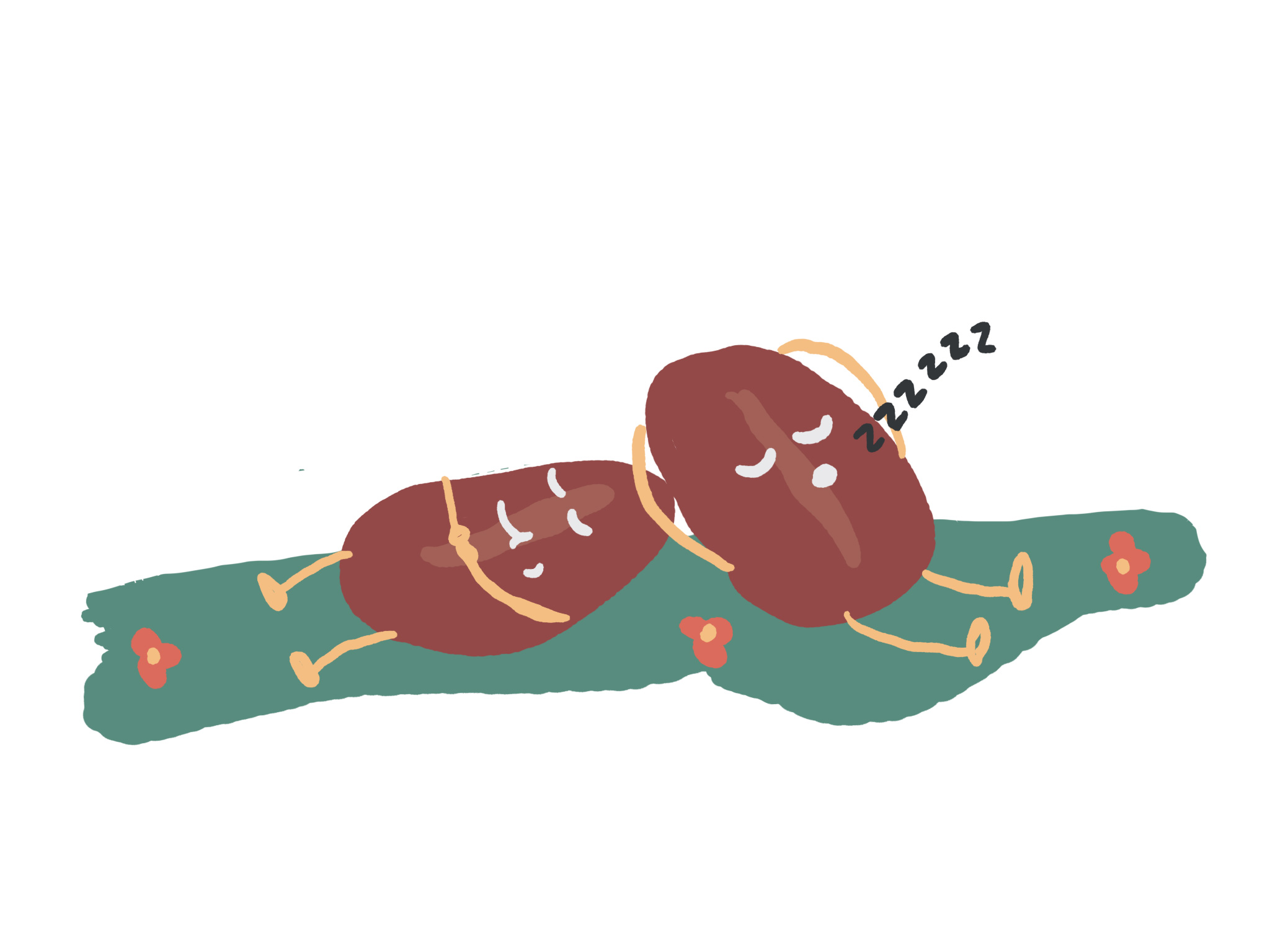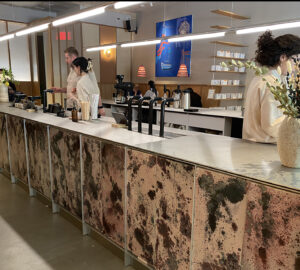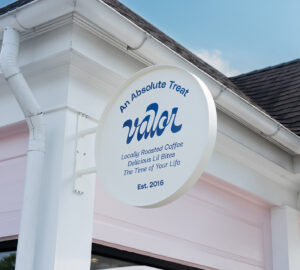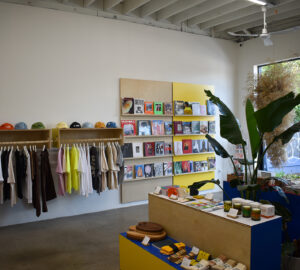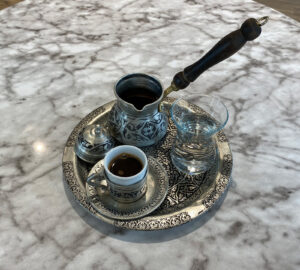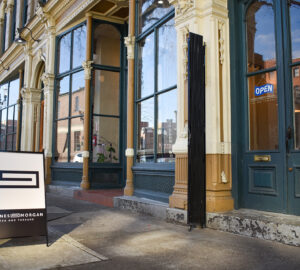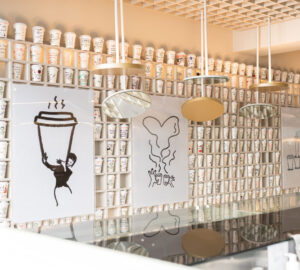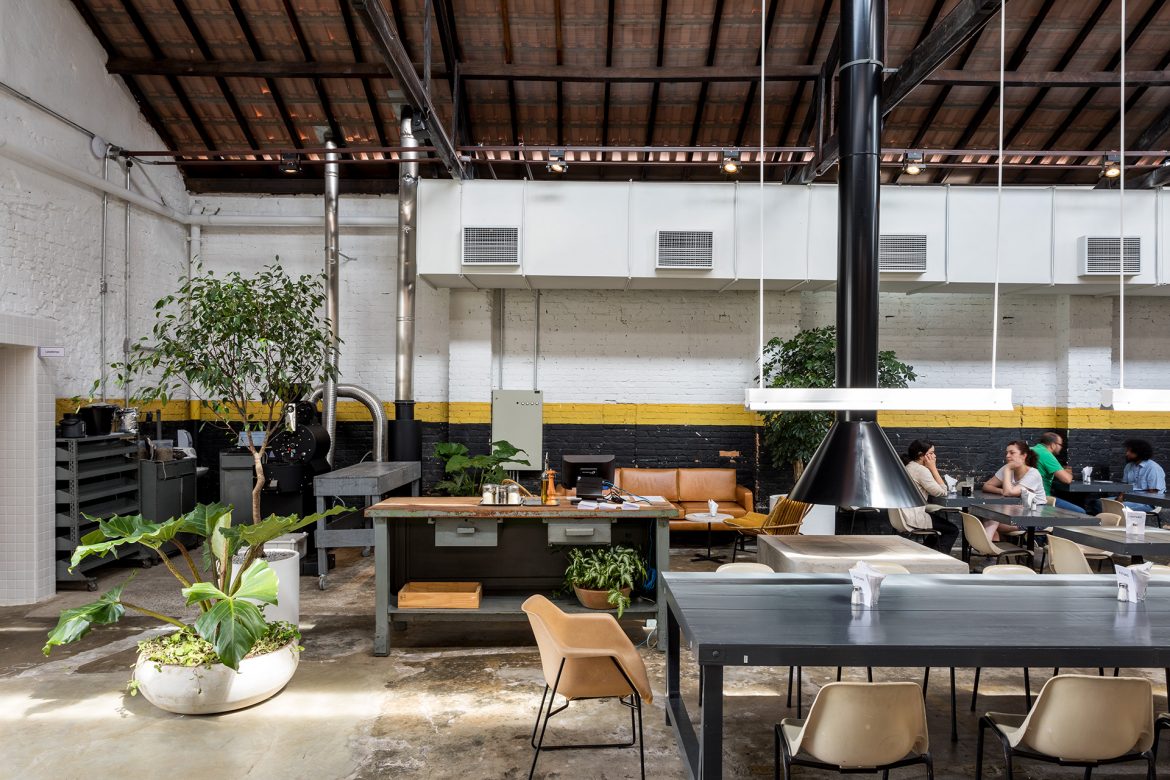
In Brazil, the largest coffee-producing country in the world, it is not always easy to find a good cup of coffee at the end of a meal. Restaurants do not always take into account the quality of the coffee they serve—forgetting that the cup of coffee is the last taste that the customer will take from that experience.
But fortunately, this scenario is beginning to change: more and more restaurants are looking to partner with good roasters to serve fresher, better beans. And there are also those who prefer to buy and roast their own, controlling the whole process. And there are those doing all of those things in a converted parking garage.
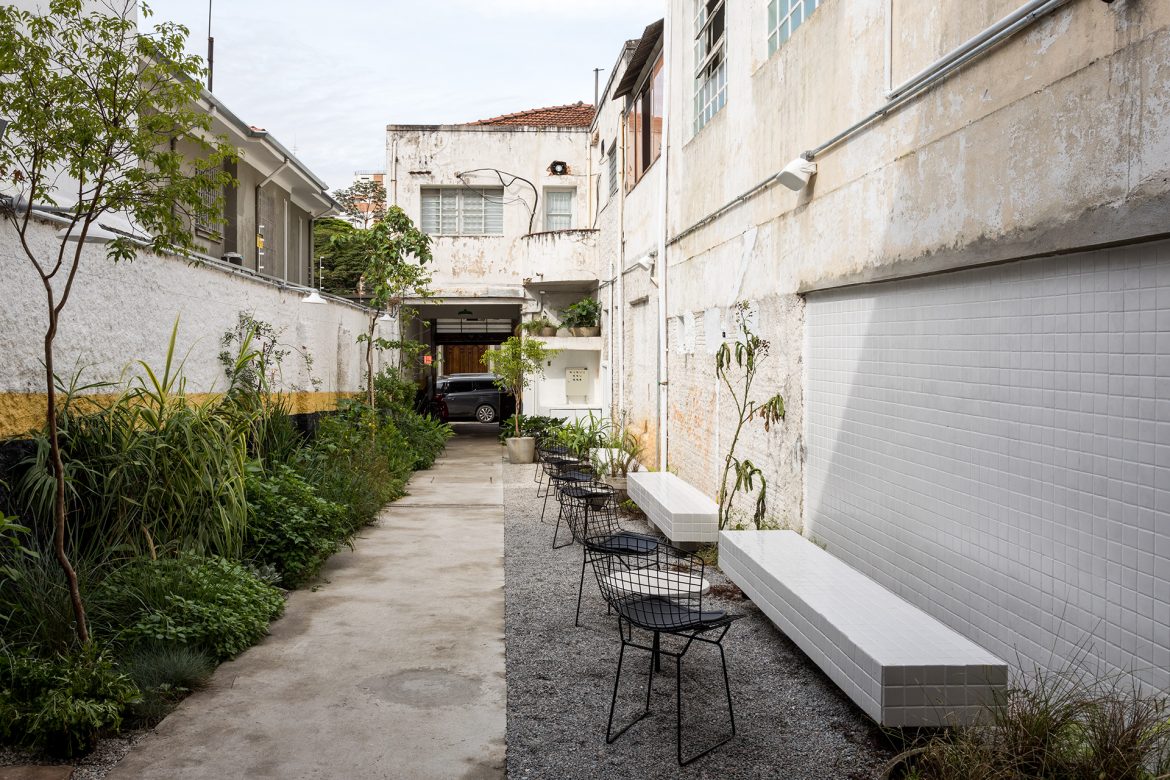
When it opened its doors last January, Futuro Refeitório (Future Cafeteria, in a literal English translation), an all-day restaurant located in the Pinheiros neighborhood in São Paulo, already had an Atilla 5 Gold Plus roaster in the middle of the room, along with all the kitchen equipment. Usually relegated to the backstage, here the roaster is the center of the show, for the public to see—and smell, and look, and be part of the preparation. When talking about coffee, this is an important move, as it brings customers closer to its entire culture.
That’s what Natalia Braga, head barista at Futuro, wanted from the beginning, when she was invited to join the team. Besides the two owners, the sisters Gabriela and Karina Barretto, the restaurant also has a head baker, Hanny Guimarães, who is responsible for all batches of bread. “I’ve always wanted to bring people closer to the coffee world,” says Braga, who first started working in coffee at Starbucks. She went on to work for many coffee shops in São Paulo until she moved to Minas Gerais in order to learn more about coffee and its agricultural processes. “Since we started, I always wanted to add value and shorten the path from product to consumer,” says Braga.
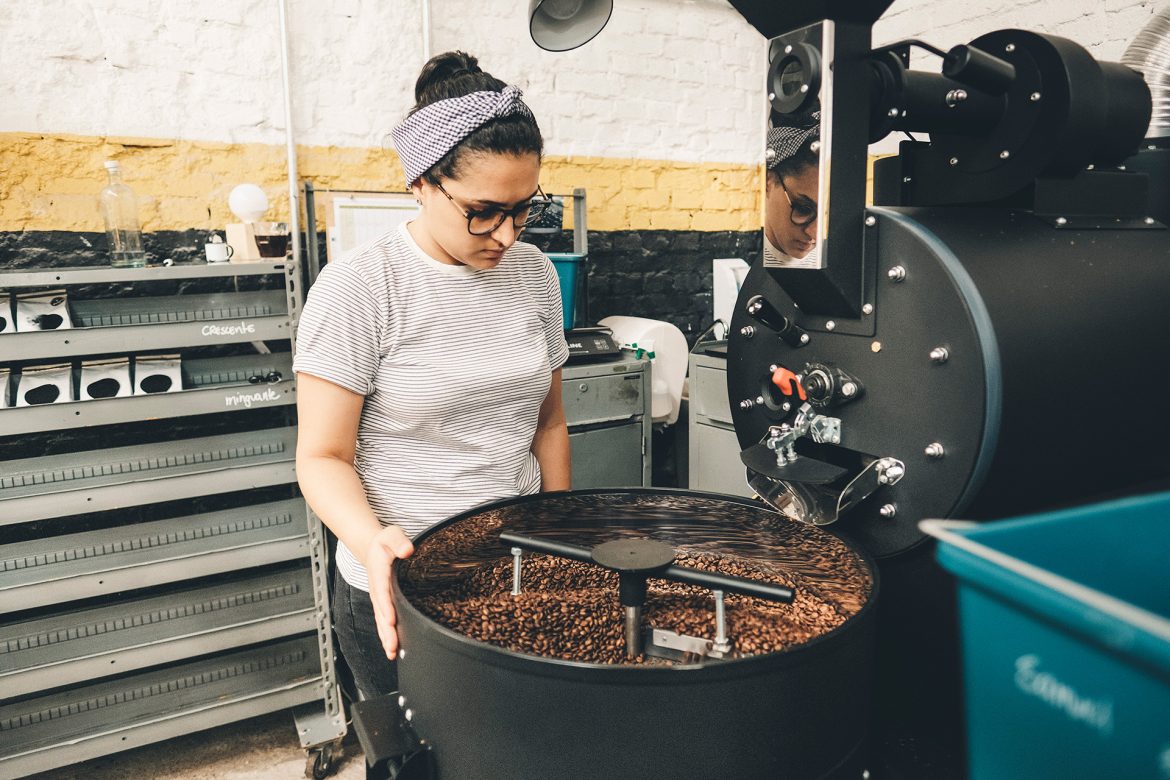
The invitation to join the team came from Karina Baretto, an HR manager who is passionate about coffee. Her family was always involved in coffee production and she wanted to bring that relationship to Futuro. “I always knew that I didn’t want to only buy coffee from a good roaster. I wanted our relationship with coffee to go deeper. So, like a miracle, Natalia showed up, and we decided to get into the whole process,” she explains.
Months before Futuro opened, its team literally hit the road to visit farmers who could become their coffee suppliers. First, they visited the region of Chapada Diamantina, in the interior of Bahia State, and met producers such as Michael Alcântara, from Divino Espírito Santo Estate and Renato Rodrigues, from Chácara Vista Alegre. “We thought that Bahia could be a good region to emphasize at Futuro, since it has great coffee and is not much known in São Paulo,” Braga says. Following this line, from Minas Gerais, one of the largest states with coffee production in Brazil, they also serve beans harvested in lesser-known regions, such as Serra da Careta, which has been notable for the production of excellent coffee.
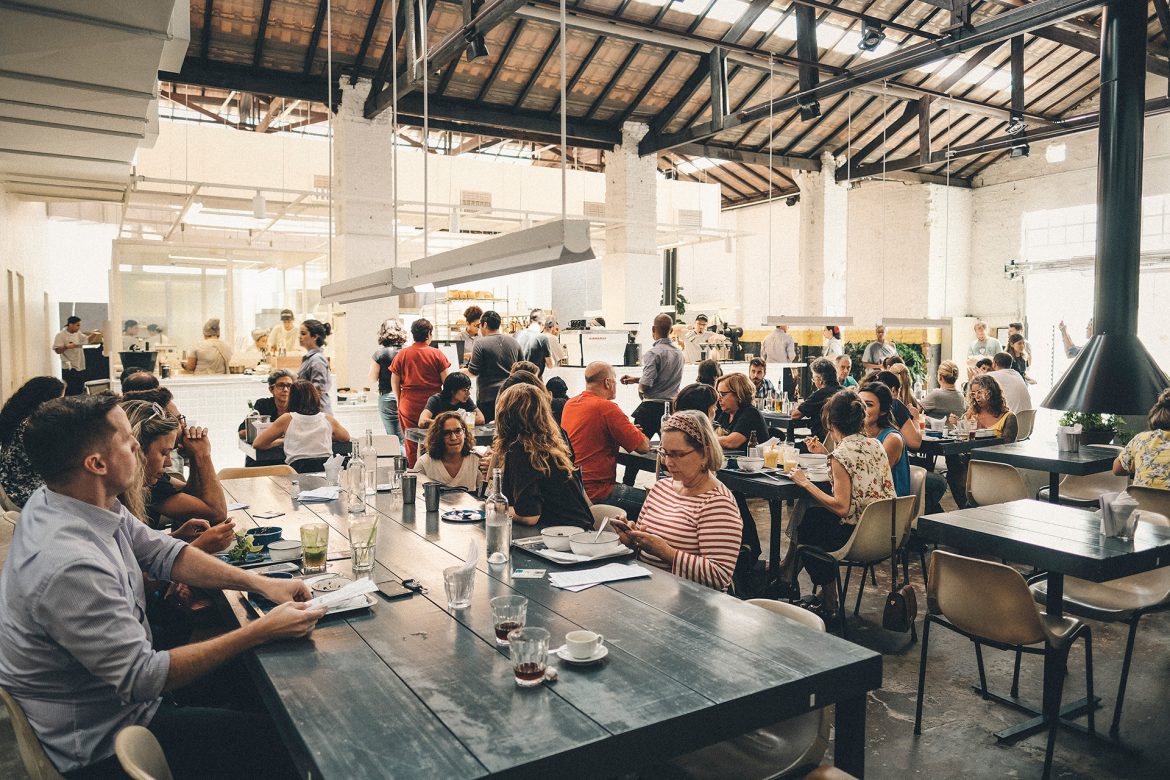
From those regions comes the coffee full of personality that they serve in the restaurant, in varieties like Obatã, Pacamara, Piatã, among others. “We came back with 65 samples and the arduous job of analyzing all of them,” she points out. They made a point to explain to the producers that the batches couldn’t be mixed, which is very common in regions where there isn’t a specific request to do otherwise. “In the roasting trials, it was difficult to define the roast profiles of many beans because of this.”
Today, with the restaurant already in operation, it has become easier for them to get the results they seek. “It is a relationship that is built slowly, so it needs patience and a lot of talks, exchanges. But it is something we are willing to do and it has paid off,” she says.
At Futuro, the team of five baristas (including Braga) prepares only two coffee methods, which are served all day long, from morning till night: espresso and V60. “We are not a coffee shop, but we do have a full coffee operation inside the restaurant, so we had to simplify to do a good job. With the crowds we get, it would be difficult to serve many other methods with quality,” Karina says.
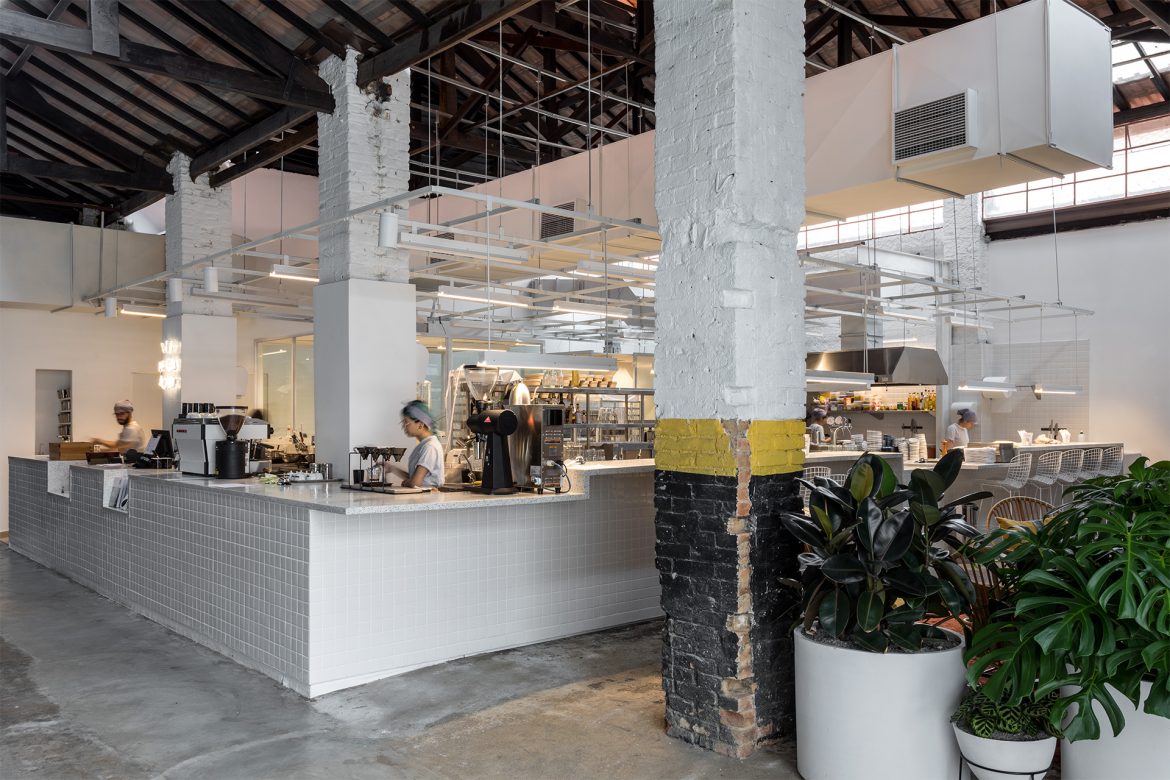
In addition to a brewing station (in front of which many clients prefer to drink their cups), they have a La Marzocco Linea to prepare espresso beverages. “Today we have a balance between espresso and brewed coffee sales. Since we receive lots of people for lunch or dinner, Brazilians in general still have a close relationship with espresso to finish their meal. It is something cultural. But we serve many brewed coffees as well,” Braga explains.
At Futuro, brewed coffee is served in a glass—“it is a way to democratize the service, to allow the customer to see more of the coffee, its color, etc.,” as Karina says—while espressos are served in cups. The menu also includes some cocktails and drinks made with in-house roasted coffees, such as cold brew and the Gin Brew—a mixture of gin, tonic, and a punch of cold brew—and Bourbon Milk, made with bourbon, coffee, and almond milk. There is also an affogato in the desserts section, with the perfect amount of espresso spilled over artisanal vanilla ice cream.
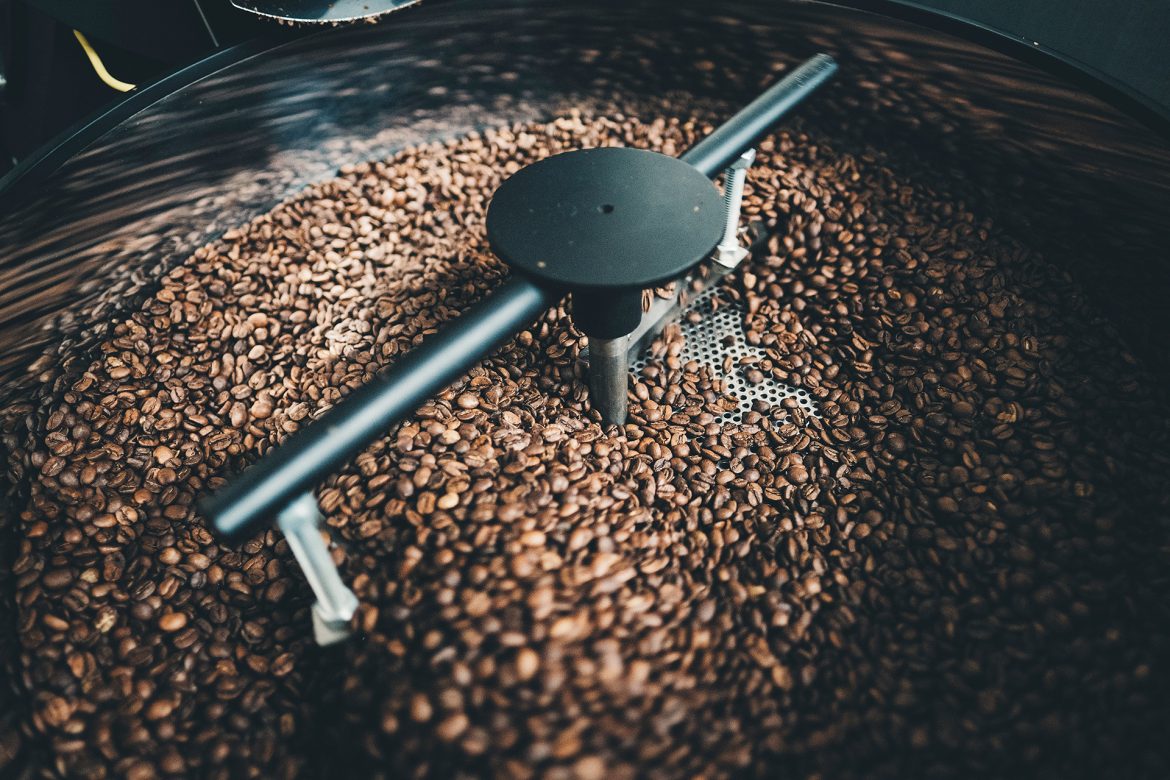
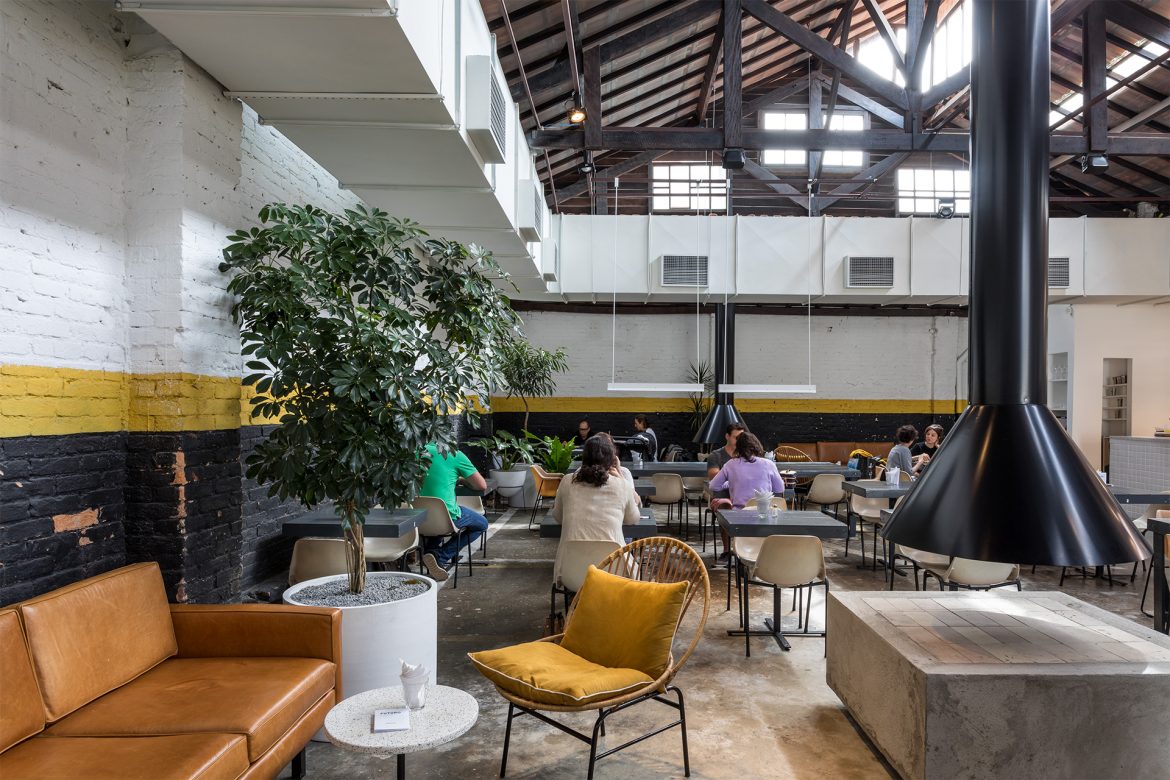
Still on the menu, detailed information and many descriptions are avoided. “We have a lot of people who come to eat and are not too worried about the sensorial characteristics of each of the beans,” Braga says. “At first, we wanted to go into more details, but we understood that the most interested customers would ask for them, so we opted for basic information such as region, producer name, variety, and two descriptive words.” “Light and fruity” are used to describe Alcantara’s beans, while “soft and elegant” are used to refer to Rodrigues’.
For the house blend, Braga preferred to go for a more, let’s say, conceptual description to explain the blend that she roasts at least twice a week—to ensure the freshness of the beans. “We say it is a mixture of Pedro Almodóvar and Talking Heads,” she laughs.
“Maybe it’s a good way to make people think about what I mean when they taste the coffee, right?”
Rafael Tonon is a freelance journalist based in Brazil. Read more Rafael Tonon on Sprudge.
Photos by Fran Parente unless otherwise noted.













